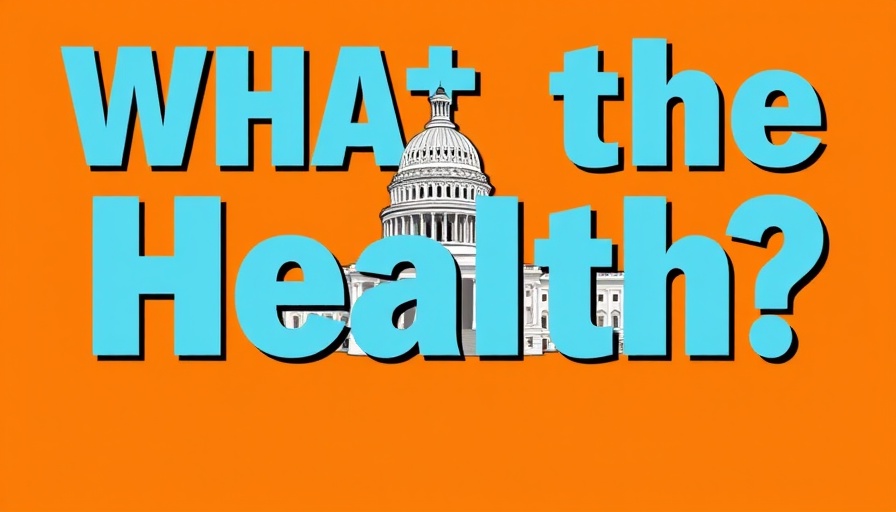
Major Workforce Reductions at HHS: What Does This Mean for American Health?
The recent layoffs at the Department of Health and Human Services (HHS) have sent shockwaves through the health and scientific community. Thousands of employees from critical agencies such as the National Institutes of Health (NIH), the FDA, and the Centers for Disease Control and Prevention (CDC) have lost their jobs or been reassigned. This unprecedented move raises alarming concerns about the future of public health in America, especially given the vast experience now lost to the system.
The Human Cost of Staff Cuts
The dismissal of high-ranking officials, particularly senior scientists and vaccine regulators at the FDA, indicates a troubling shift in priorities. For years, these individuals have driven forward research and responses to vital health crises. Their sudden departures signal not just a reduction in personnel but a significant knowledge gap that could hinder America’s response to ongoing and future public health challenges.
Political Implications and Public Health
Political tensions surrounding healthcare are reaching a breaking point, with implications for both sides of the aisle. Senator Cory Booker’s marathon speech highlighted concerns about the ramifications these cuts could have on healthcare access and quality in the U.S. The discussions come at a precarious time, as midterm elections approach and voters are increasingly focused on health policies. Could these issues translate into political currency for Democrats? History suggests that health-related matters often resonate deeply with voters.
Tariffs and their Effects on the Pharmaceutical Industry
President Trump’s recent tariff announcements have added another layer of complexity to the health landscape. While positions in the pharmaceutical industry are in flux due to these tariffs, a troubling question remains: how will these economic policies affect Americans' access to affordable medications? If prices rise, lower-income individuals could find themselves in an even tighter bind, calling into question the effectiveness and fairness of the current healthcare system.
The Bigger Picture: The Future of Health and Science Expertise in America
As experts leave the field in droves, the long-term implications for American public health are troubling. With each departure, we risk losing years, if not decades, of specialized knowledge crucial to managing public health crises effectively. Policymakers must consider the broader impact of these cuts, as they threaten access to vital health services and compromise the country’s capacity to innovate.
What Can Be Done?
Amid this turmoil, health professionals and laypeople alike can take some actionable steps towards advocacy. By remaining informed about ongoing legislative shifts and participating in local discussions regarding public health funding, individuals can help to advocate for essential services. It’s crucial that the public pressure state and federal lawmakers to protect health initiatives, especially as cuts necessitate continued scrutiny and discourse.
Connecting with Community: The Role of Public Discourse
One of the most compelling aspects of this evolving health crisis is the community’s response. Grassroots movements advocating for better healthcare access can draw attention to the impact of federal cuts. These initiatives foster public awareness, urging officials to reevaluate priorities that focus not just on budgetary concerns but on the welfare of America's citizens.
Final Thoughts: The Health Sector is at a Crossroads
The current landscape of public health in America is fraught with uncertainty. As we witness unprecedented cuts and realignment at HHS, it’s crucial for business leaders, policymakers, and citizens to engage in discussions about the future of health in America. This moment presents both a challenge and an opportunity to reshape the narrative around public health and wellness moving forward.
To stay informed on the latest health policy developments and understand how they may affect your industry, consider subscribing to reliable health news sources. Staying engaged in these conversations is not only beneficial to individuals but also essential for driving systemic change.
 Add Row
Add Row  Add
Add 




Write A Comment